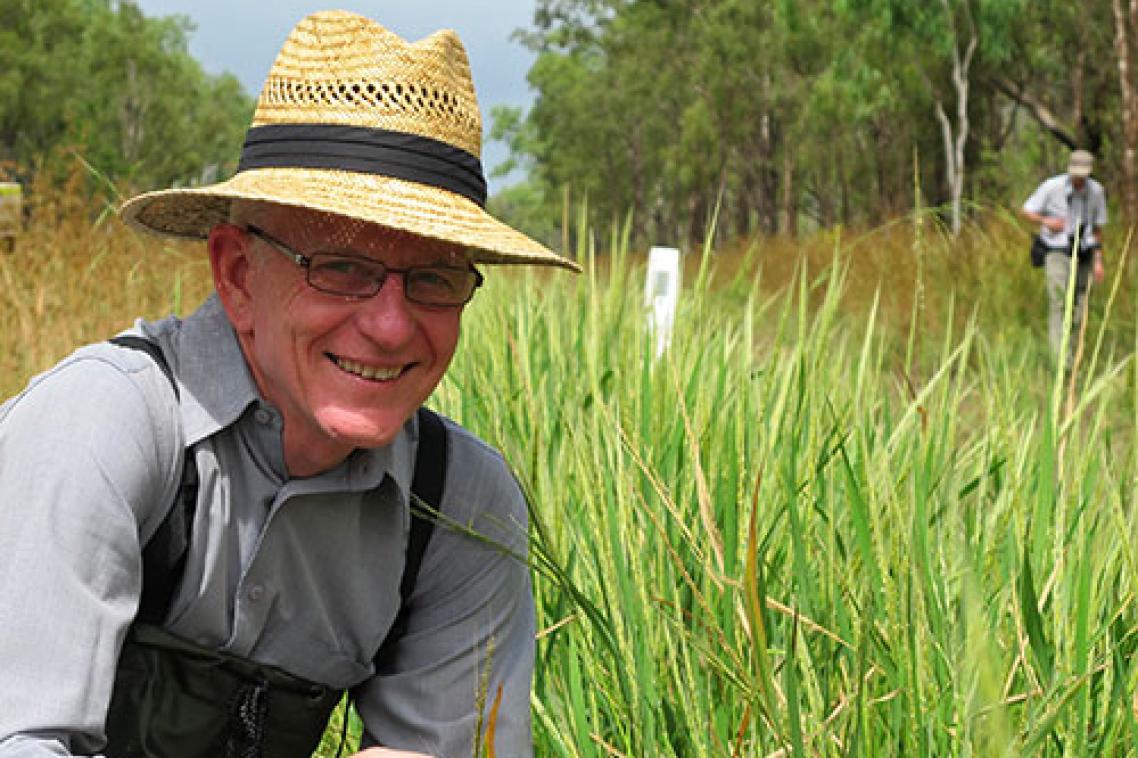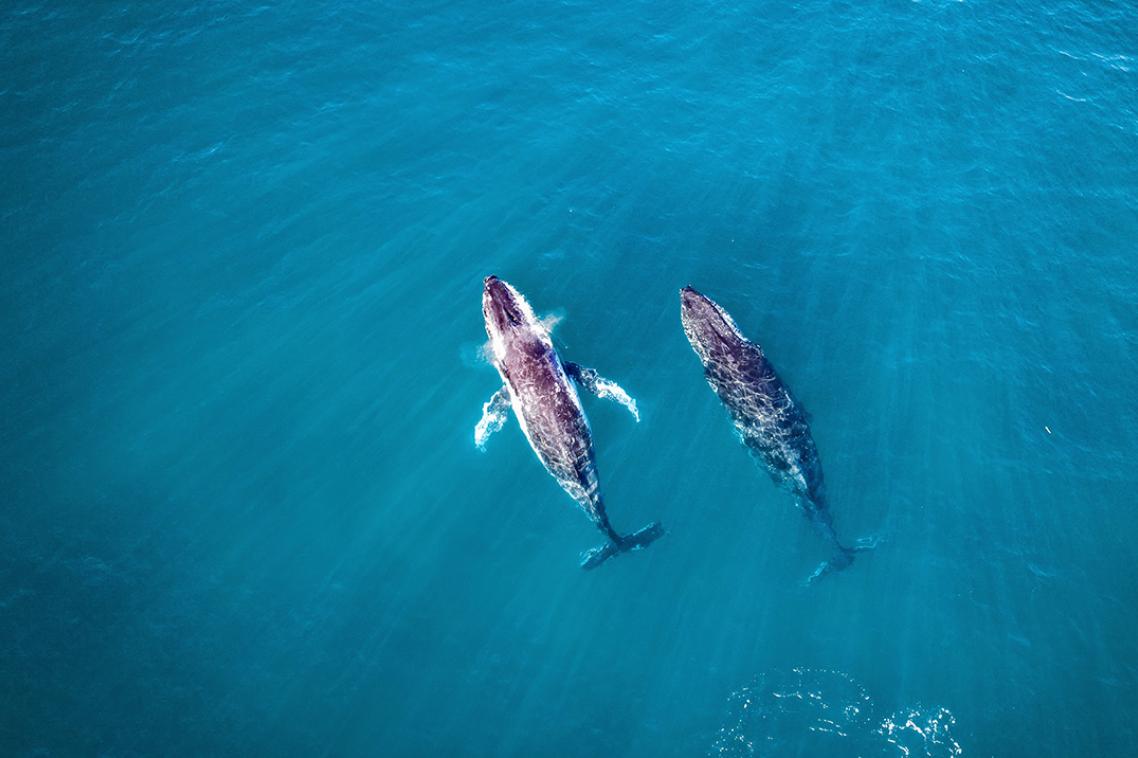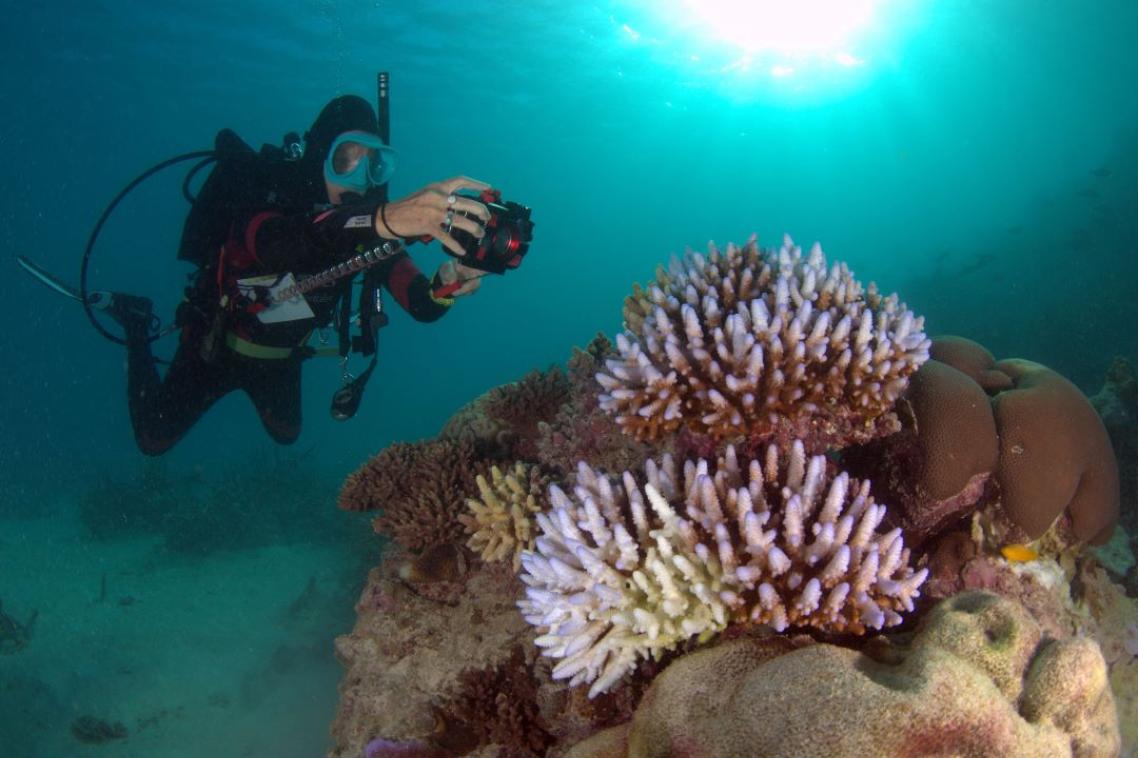UQ plant scientists delve into Australia’s ancient past

Australia’s wild rice could be the key to global food security, according to The University of Queensland’s leading plant geneticist.
In research led by Professor Robert Henry from UQ’s Queensland Alliance for Agriculture and Food Innovation (QAAFI), scientists have identified gaps they call ‘genome deserts’ in the inherited components or DNA of Australian wild rice.
Professor Henry said the gaps were evidence of one or more major selection events that occurred naturally in pre-historic times, well before domestication.
“Rice has been domesticated for several thousand years,” he said.
“Australian wild rice, which also has important similarities with domesticated rice, has been isolated from the impacts of domestication in Asia, so its genes still carry huge variation in many parts of the genome.
“Natural selection in the wild was not due to humans.
“Australian wild rice has enormous diversity but we can still see evidence of a major selection event happening, pre-domestication, probably millions of years ago.”
“The Australian wild populations represent an invaluable source of diversity supporting rice food security.”
Professor Henry said rice was one of the world’s most important food crops and if it was compromised, the ancient DNA found in Australian wild rice would be crucial to the industry’s defence.
“Australian wild rice could play a major role in future worldwide breeding programs that would improve disease and pest tolerance, reduce fertiliser needs, grow healthier crops and enhance food security,” he said.
The study has been published in PLOS ONE.
This research was funded by the Australian Research Council, the Department of Science and Technology, the Indian Council for Agricultural Research and the Government of India under the BOYCAST Fellowship and.
Media: QAAFI Communications Professor Robert Henry, +61 7 3346 6552, 0417 425 510.
Related articles

Decades of surveys show whale migration shift

Thousands of Queensland reef photos lead to worldwide change
Media contact
UQ Communications
communications@uq.edu.au
+61 429 056 139
